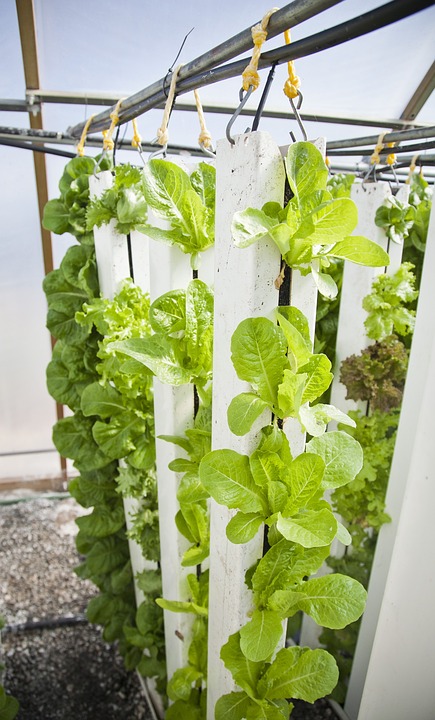Introduction
Home hydroponic systems have gained popularity in recent years as a convenient and efficient way to grow fresh produce right in your own basement. This innovative method of gardening eliminates the need for traditional soil-based cultivation, allowing you to grow a wide range of plants using only water and nutrient solutions. In this article, we will explore the advantages of home hydroponic systems and why they are becoming a favorite choice for families who want to ensure a constant supply of healthy and pesticide-free fruits, vegetables, and herbs.
Advantage #1: Space Efficiency
One of the significant advantages of home hydroponic systems is their ability to save space. As the plants do not need soil, you can easily set up hydroponic gardens in tight or limited areas such as basements or spare rooms. Vertical hydroponic systems, in particular, maximize space usage by stacking multiple layers of plants vertically. This space-efficient design allows you to grow a large quantity of produce in a small footprint, making it perfect for urban dwellers or those with limited outdoor space.
Advantage #2: Water Efficiency
Another notable advantage of home hydroponic systems is their water efficiency. Traditional soil-based gardening requires substantial amounts of water to reach the plant roots, with a significant portion being lost through evaporation or absorbed by the soil. In contrast, hydroponic systems recirculate the water in a closed loop, minimizing water waste. Additionally, water in hydroponic systems is used precisely by delivering the nutrient-rich solution directly to the root systems, promoting optimal growth. This efficient use of water not only helps conserve this precious resource but also lowers water bills.
Advantage #3: Year-Round Availability
Home hydroponic systems provide the advantage of year-round availability of fresh produce. By controlling the environmental factors such as light, temperature, and humidity, you can create an ideal growing environment for your plants regardless of the season. This means you can enjoy a consistent supply of homegrown fruits, vegetables, and herbs throughout the year, even during winter when traditional gardening is challenging or impossible. Growing your produce indoors also eliminates the risk of pests and diseases that often threaten outdoor crops, ensuring healthy and safe food for your family.
Advantage #4: Customizable Nutrient Control
Hydroponic systems allow you to have precise control over the nutrient levels your plants receive. By choosing the appropriate nutrient solution and adjusting the dosage, you can cater to the specific needs of each type of plant. This level of customization is especially beneficial when growing a variety of crops with different nutrient requirements. As a result, you can produce healthier and more flavorful harvests, as the plants receive the ideal balance of essential nutrients throughout their growth cycles.
Advantage #5: Reduction in Pesticide Use
Home hydroponic systems offer the advantage of reducing or eliminating the need for pesticides. Growing plants indoors minimizes exposure to pests and diseases, reducing the reliance on chemical pesticides. Additionally, hydroponic systems can incorporate biological pest management techniques, such as introducing beneficial insects or using organic pest control methods, further promoting sustainable and eco-friendly gardening practices. This means you can feed your family with fresh, pesticide-free produce, ensuring their health and well-being.
FAQs
Is hydroponics suitable for beginners?
Yes, hydroponics can be suitable for beginners. There are user-friendly hydroponic systems available that require minimal maintenance and monitoring. Additionally, there are numerous online resources, tutorials, and communities that provide guidance and support for beginners to kickstart their hydroponic gardening journey.
What types of plants can be grown in a home hydroponic system?
A wide range of plants can be grown in a home hydroponic system. Leafy greens such as lettuce, spinach, and kale are popular choices. Herbs like basil, parsley, and mint also thrive in hydroponic setups. Additionally, vine crops such as tomatoes, cucumbers, and peppers can be successfully grown using appropriate hydroponic techniques.
Does hydroponics require a lot of electricity?
While hydroponic systems do require electricity to power lights, pumps, and other equipment, advancements in LED lighting technology have significantly reduced energy consumption. Additionally, energy-efficient options are available, allowing growers to minimize electricity usage. When compared to traditional outdoor gardening that relies on natural sunlight, hydroponics can be more energy-intensive, but the benefits of year-round growing and higher crop yields often outweigh the energy costs.




